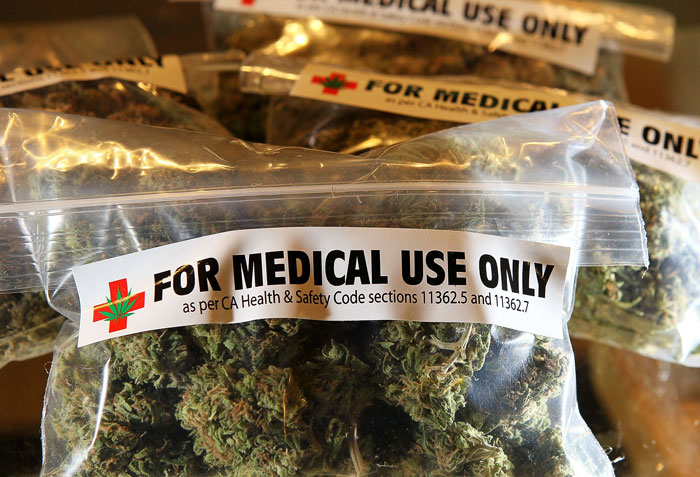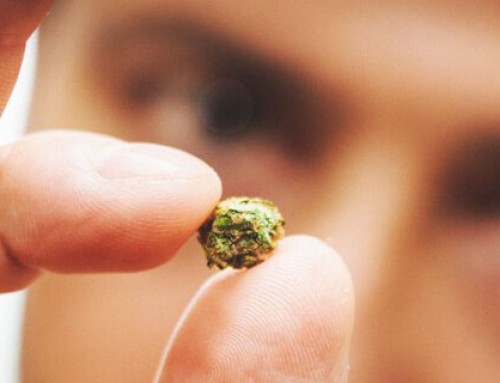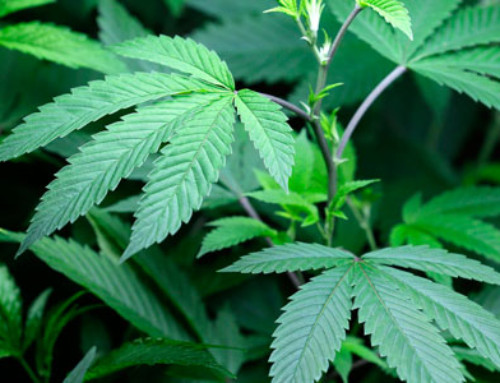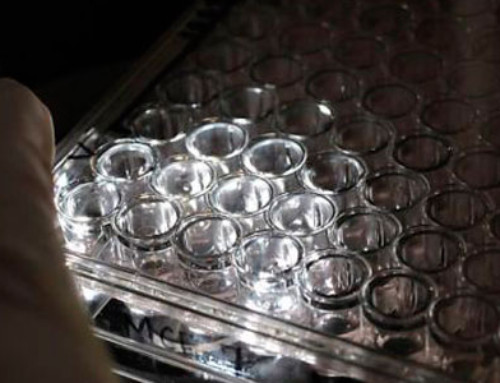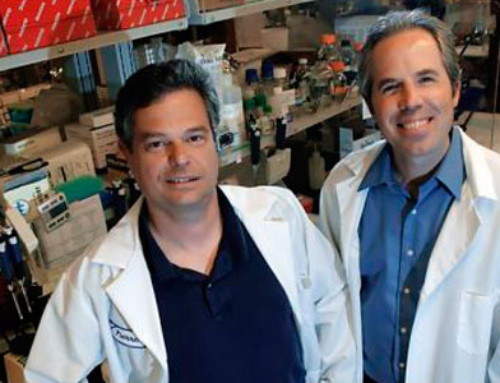In spite of the 40 year war on drugs that has ruined so many lives, research has continued into the benefits of cannabis. The AIDS crisis of the 1980s brought to light, out of necessity, how THC (the most prevalent cannabinoid in marijuana) is a beneficial palliative treatment for pain, nausea, loss of appetite, sleep issues – all without the side effects that accompany most pharmaceuticals and without addiction. The breakthrough that has is now acknowledged in all major broadcast and print media is the understanding of the role of cannabinoids in the marijuana plant, of which there are over 85 different types.
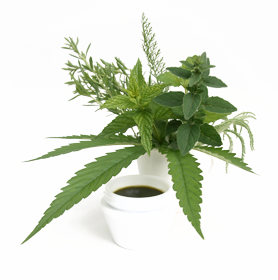 Cannabinoids are a class of diverse chemical compounds that act on cannabinoid receptors on cells that repress neurotransmitter release in the brain. These receptor proteins include the endocannabinoids (produced naturally in the body by humans and animals), the phytocannabinoids (found in cannabis and some other plants), and synthetic cannabinoids (manufactured chemically). The most notable cannabinoid is the phytocannabinoid ∆9-tetrahydrocannabinol (THC), the primary psychoactive compound of cannabis. Cannabidiol (CBD) is another major constituent of the plant, representing up to 40% in extracts of the plant resin.
Cannabinoids are a class of diverse chemical compounds that act on cannabinoid receptors on cells that repress neurotransmitter release in the brain. These receptor proteins include the endocannabinoids (produced naturally in the body by humans and animals), the phytocannabinoids (found in cannabis and some other plants), and synthetic cannabinoids (manufactured chemically). The most notable cannabinoid is the phytocannabinoid ∆9-tetrahydrocannabinol (THC), the primary psychoactive compound of cannabis. Cannabidiol (CBD) is another major constituent of the plant, representing up to 40% in extracts of the plant resin.
— http://en.wikipedia.org/wiki/Cannabinoid
The CBD Story
Cannabidiol (CBD) is the cannabinoid that has become the rising star of the medical cannabis community. In the two years that Dragonfly™ has been operating, we have increased our CBD inventory, relative to THC, from approximately 2% of our cannabis medicine to nearly 20% by type. Its appeal lies, in large part, in its non-psychoactive effect.
Cannabidiol, or CBD, is a cannabinoid (like THC), and is the second most prevalent constituent of the cannabis plant. CBD is a non-psychoactive cannabinoid compound, unlike THC, and is not associated with the mind-altering effects of the cannabis plant. Research shows CBD plays a significant role in nearly every aspect of the medical benefits of cannabis. Researchers from Tel Aviv University in Israel recently published a cannabis study in the Journal of Neuroscience Research. Their findings indicate that low doses of cannabinoids, in particular ultra-low-dose tetrahydrocannabinol (THC), exerts a protective effect against cognitive deficits from brain inflammation. A prior study from Brazil reported that cannabidiol (CBD) “could help ward off neuronal cell death in the face of neurodegradation”. Previous research demonstrated that an “ultra-low dose of THC (0.002 mg/kg)” protects the brain against cognitive deficits from a variety of insults that would ordinarily cause brain inflammation.
There are also research studies showing CBD as a safe and effective antimicrobial compound when battling bacterial infections like MRSA, Clostridium difficile and others. In a time when bacteria are becoming increasingly resistant to pharmaceutical antibiotics, CBD is an opportunity for healing that has yet to be fully explored. Cannabidiol also has research indicating neurological benefits. Some research indicates that CBD could act as a neuroprotective agent, even so far as protecting the brain against the neurodegeneration caused by binge drinking. There are also numerous cases reporting the ability of CBD to drastically reduce the frequency of epileptic seizures, even in treatment-resistant cases of epilepsy such as Dravet syndrome (see Dr. Sanjay Gupta’s documentary Weed on cnn.com).
As far as other neurological issues are concerned, there has even been a study suggesting that CBD may prove effective in the management of dyskinesia associated with Parkinson’s disease. … CBD research also indicates a variety of benefits for those dealing with schizophrenia, social anxiety disorder, and depression. The existing research indicates that CBD may be as effective as typical antipsychotics in treating schizophrenia, without the side effects posed by normal pharmaceutical medication. That in addition to current research which suggests CBD may reduce anxiety in social anxiety disorder and have antidepressant effects for those who are depressed supports the merit of Cannabidiol as medicine for neurological conditions.
Cancer research has also seen advancements thanks to the scientific community’s increased understanding of cannabinoids like CBD. Research trials completed in late 2007 suggest that CBD would be effective in controlling or reducing the spread of metastatic breast cancer. Although the research has not produced a full-scale, publicized clinical trial, the method by which cannabidiol is able to successfully induce apoptosis (cell death) in cancer cells are being understood more completely every day. Cannabidiol is an amazingly unique cannabinoid with medicinal properties that researchers are only beginning to completely understand.
Mendocino County: Where We Find New Cannabis Medicines
Over the last five years in Mendocino County, an increasing number of growers committed to the art and science of breeding and growing cannabis are exploring new ways to develop high CBD strains and produce new forms of consuming the cannabidiol. Especially with an aging patient population, many people do not want or are not able to smoke the dried bud from the plant. Many patients would like to avoid the psychoactive effect of cannabis that is released when heat is applied – the process that actually activates the THC. Indeed, the CBD is best accessed without heat, either through burning, baking, boiling, or using heat in any way. Dragonfly™ now has no-bake edibles, juices made from the leaf of the plant, tinctures, capsules, and clones – all made from strains that are higher in CBD than THC. At this time, ratios of CBD to THC are from 6 to 1 up to 23 to 1, with new strains on the horizon. Patients are contacting Dragonfly™ from many hours away in California, seeking these high CBD medicines. It is most gratifying to have people we have been counseling by phone walk through the door very glad to be able to procure the medicines they seek. This is a niche that Dragonfly™ has happily filled and bodes well for the future as the market demand for high CBD medicines sky-rockets and in that these dedicated high CBD producers are members of the Dragonfly™ cooperative.

